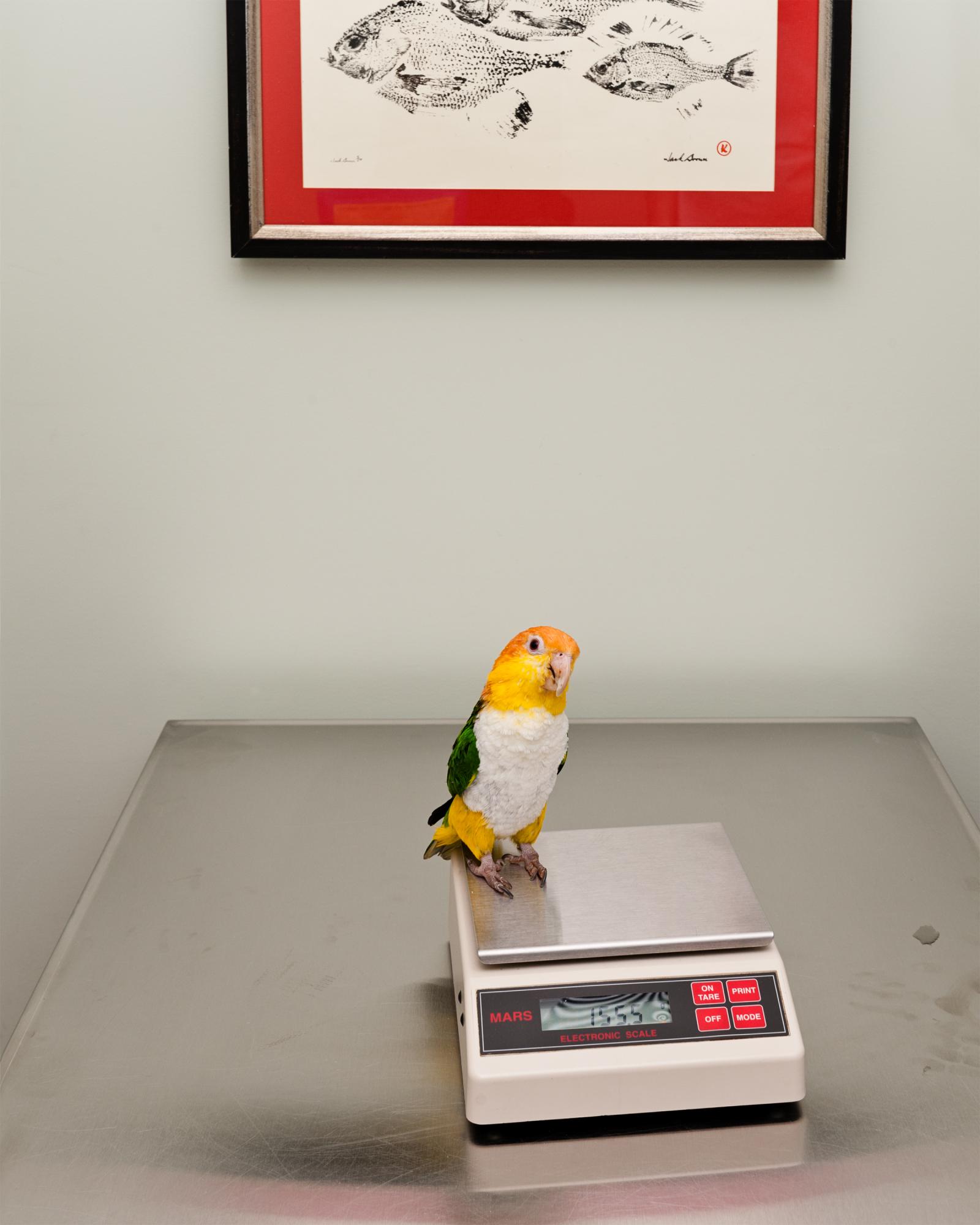
DISPLACED
Every year, an estimated 300 million animals are illegally imported into the United States to be sold as exotic pets. A multi-billion dollar industry, it is only second to weapons and drugs on the black-market.
During the capture and transport process, the mortality rate for these animals is high, as many die from suffocation, stress, and shock. Removal of these animals from their natural habitat disrupts the delicate balance of these ecosystems, setting forth a chain of events that compromise wildlife populations and alter the environment in irreparable ways.
Often when the novelty of an exotic pet wears off, or their highly specialized care becomes too much of a commitment, they are often abandoned and released into the environment. With no chance for rehabilitation, many succumb to the elements. For those that survive, if no natural predators exist, they can quickly become invasive. This poses a threat and potential fatality to native species who may lack defense mechanisms for the foreign intruder, and unable to compete for food and other resources. This aggressive takeover alters the multitude and diversity of species native to the habitat, changing the biosphere and introducing new vulnerabilities to the ecosystem.
Most of these exotic animals retain their natural instincts, behaviors, and dietary attributes––even those captivity bred, remain wild. It is infeasible to replicate their natural habitat, as their needs for preservation are highly specialized and discriminating. From self-destructive feather plucking in birds, to metabolic bone disease in reptiles, the majority of medical issues they face stem from an inability to accommodate their psychological, biological, and nutritional needs.
Without proper care, these animals are experiencing compromised lives marked by unnecessary disease and distress. “Displaced” is a look at the efforts of The Center for Avian and Exotic Medicine in NYC, as they tend to these delicate animals who have been removed from their natural habitats and transplanted into a foreign environment.
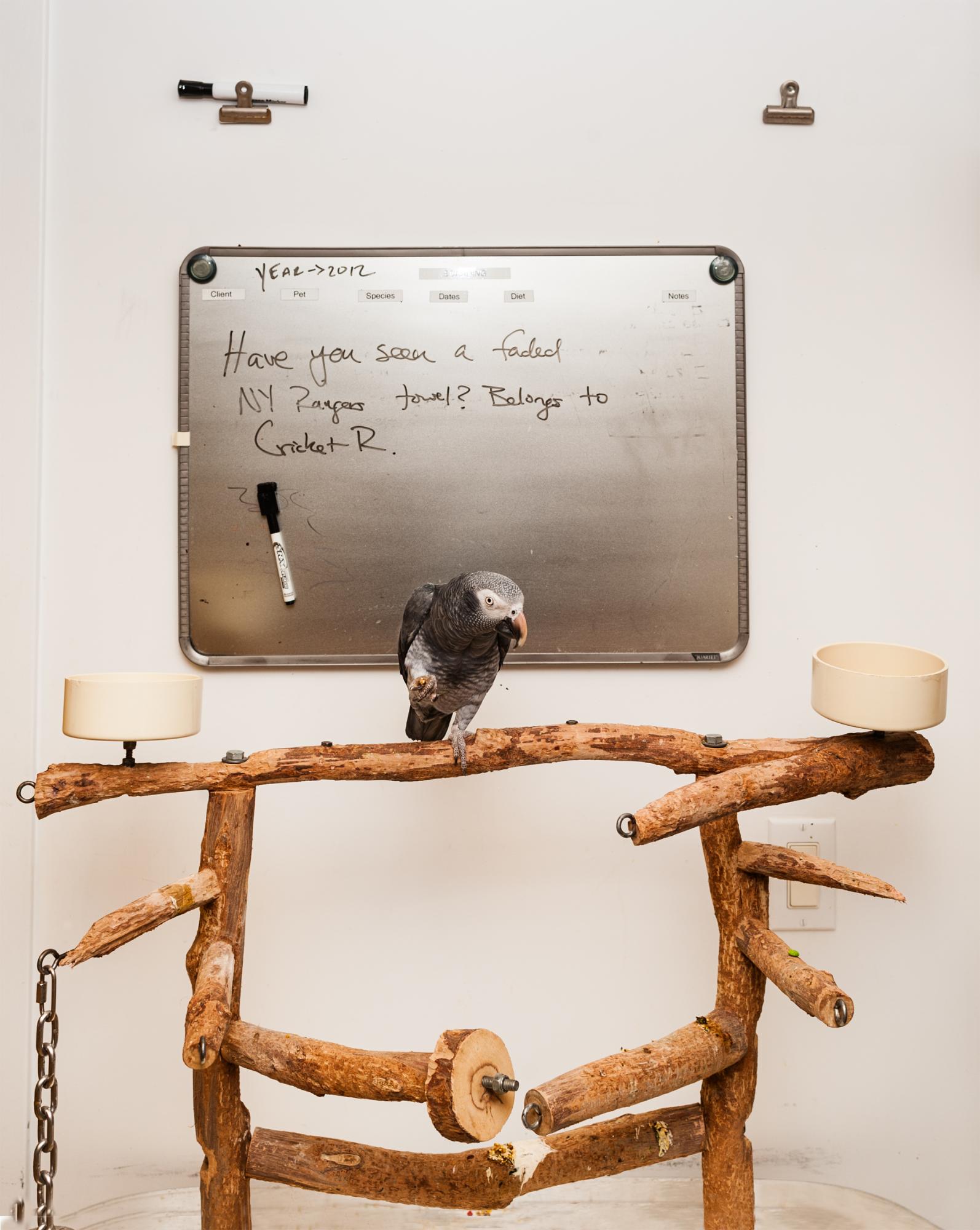
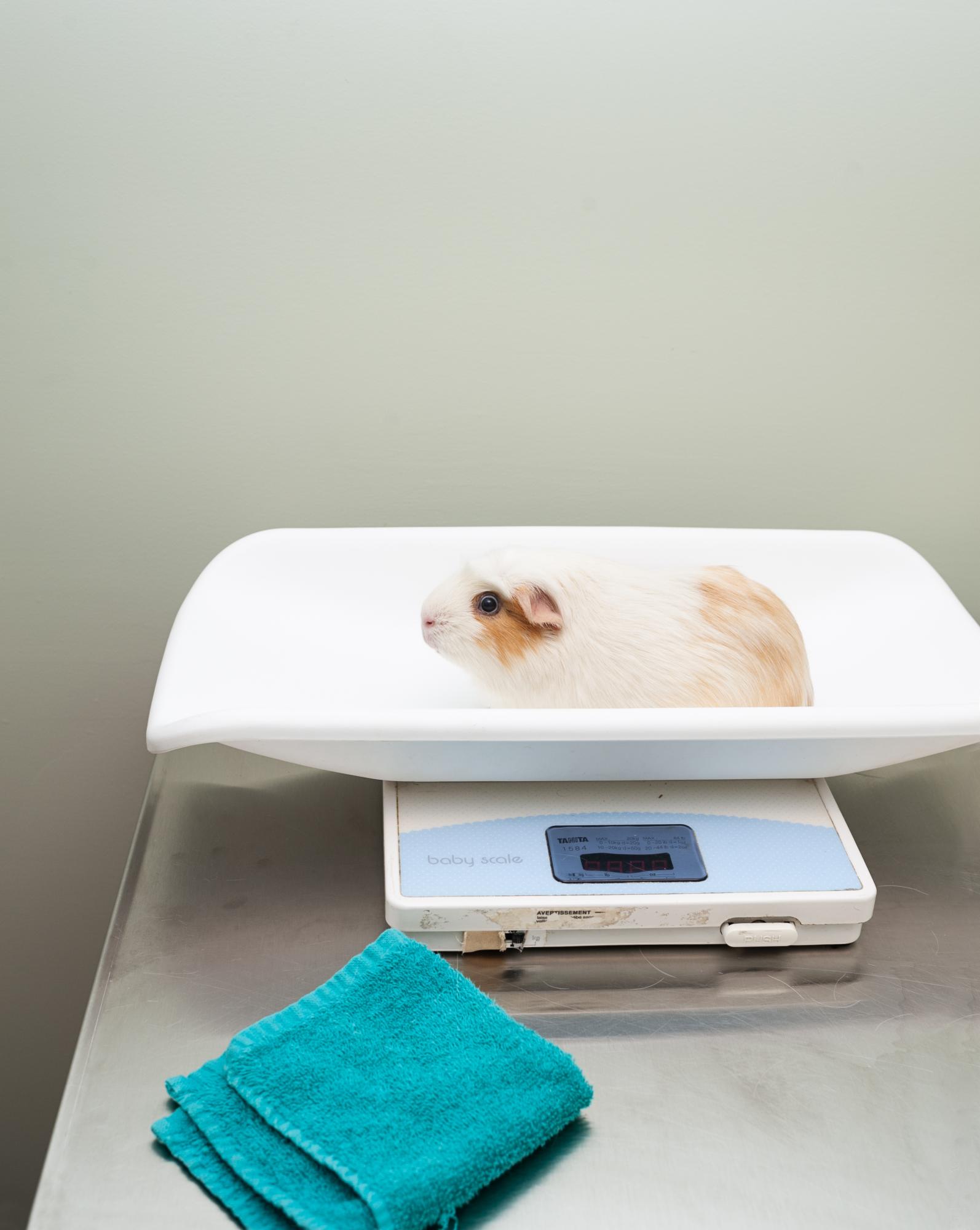
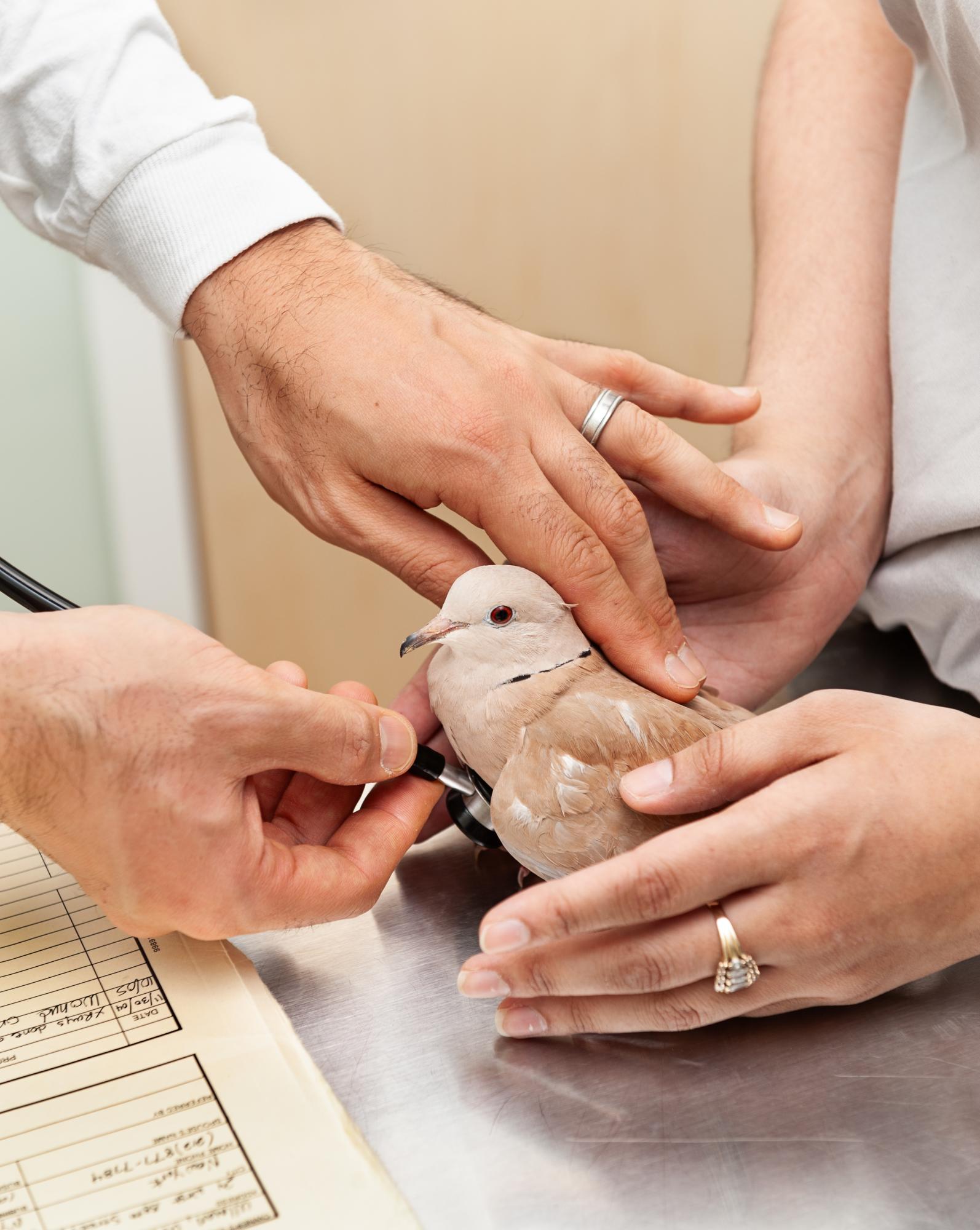
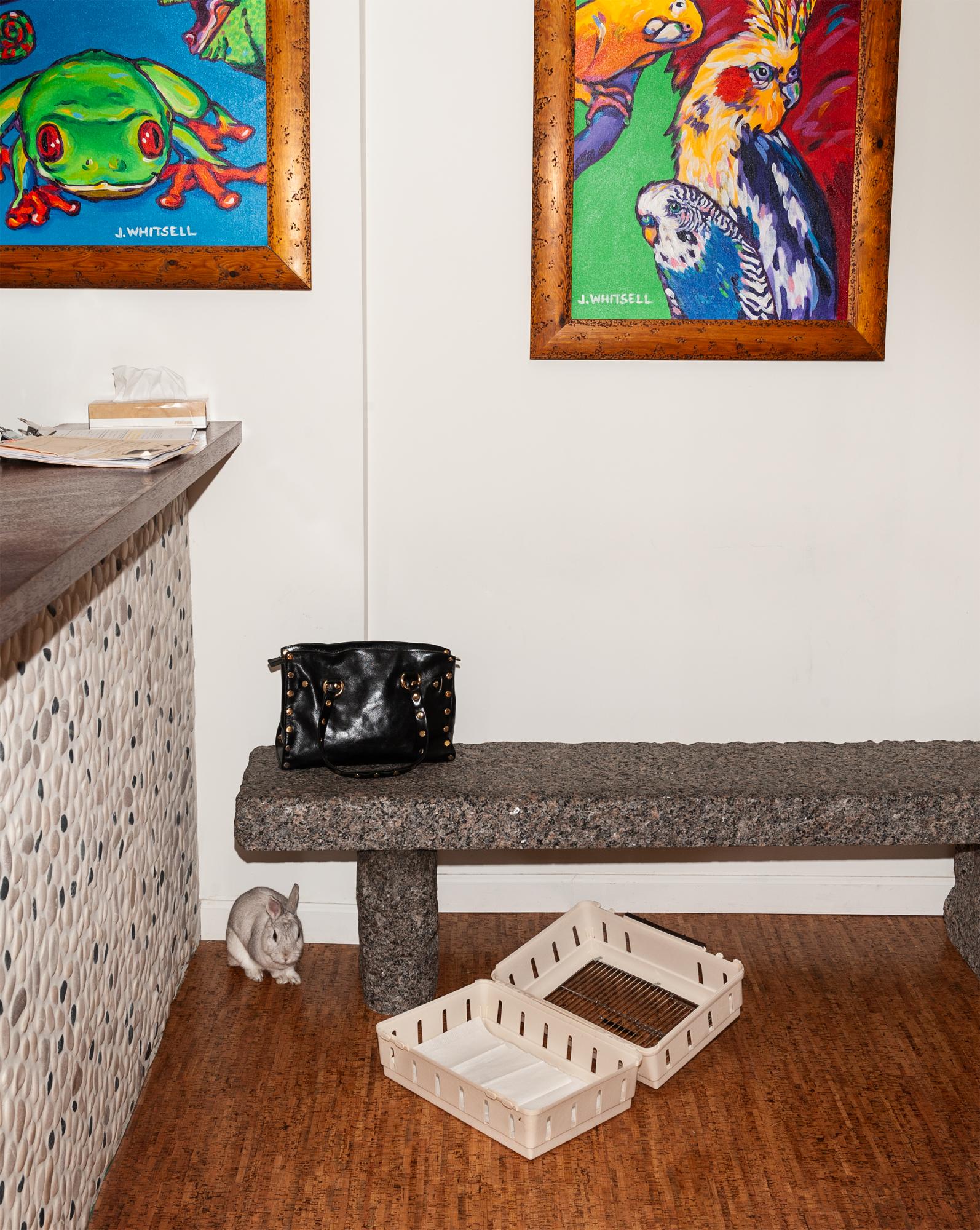
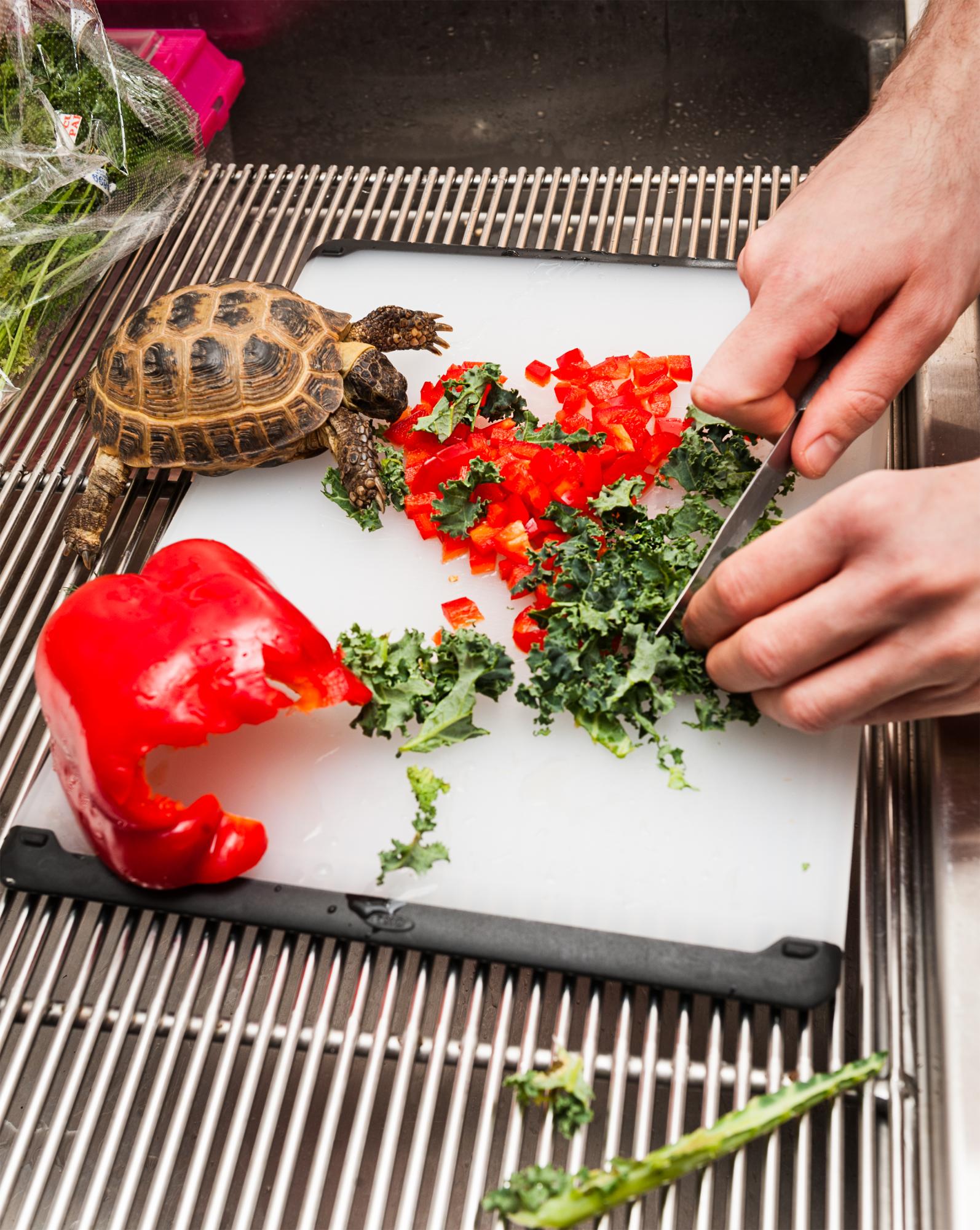
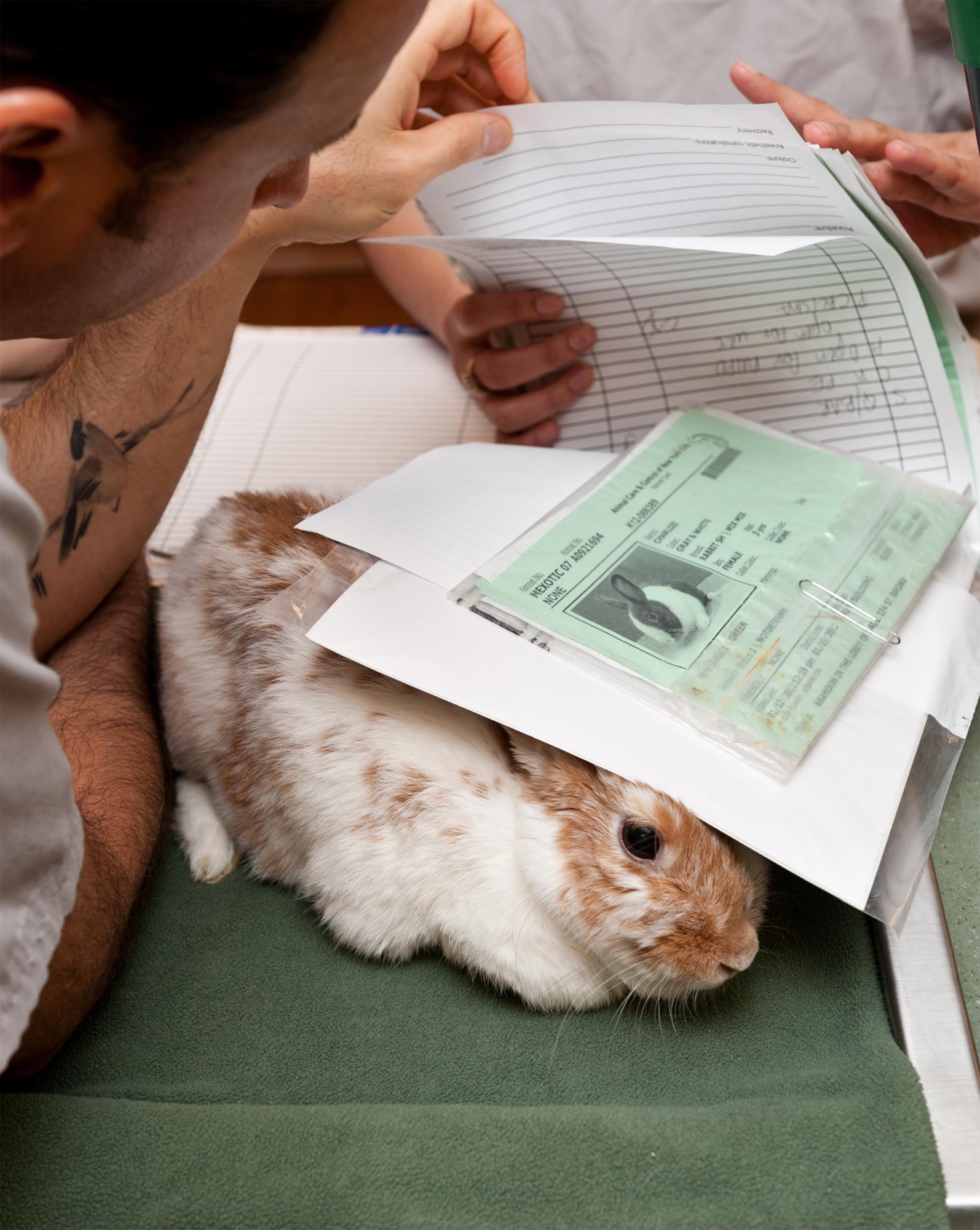
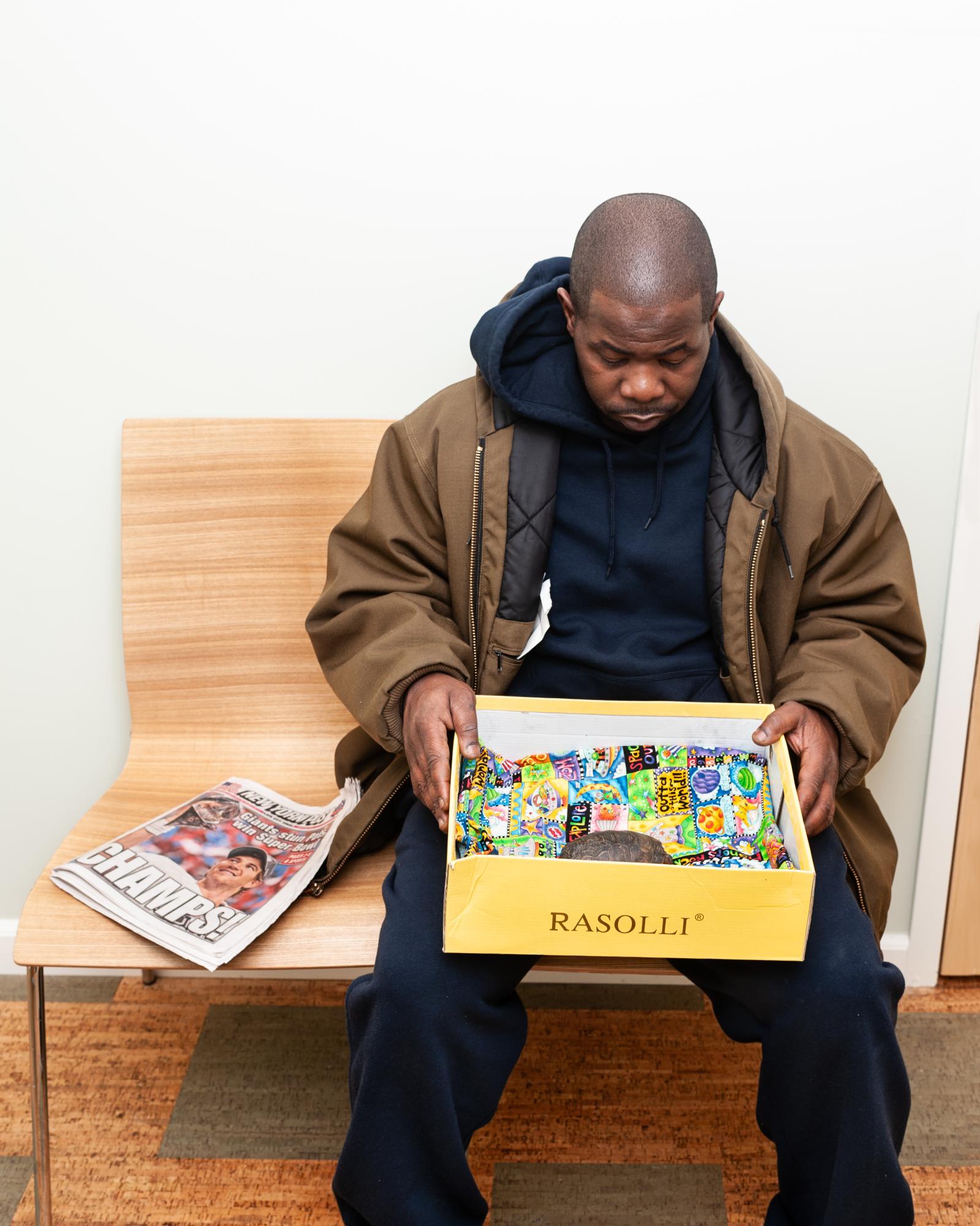
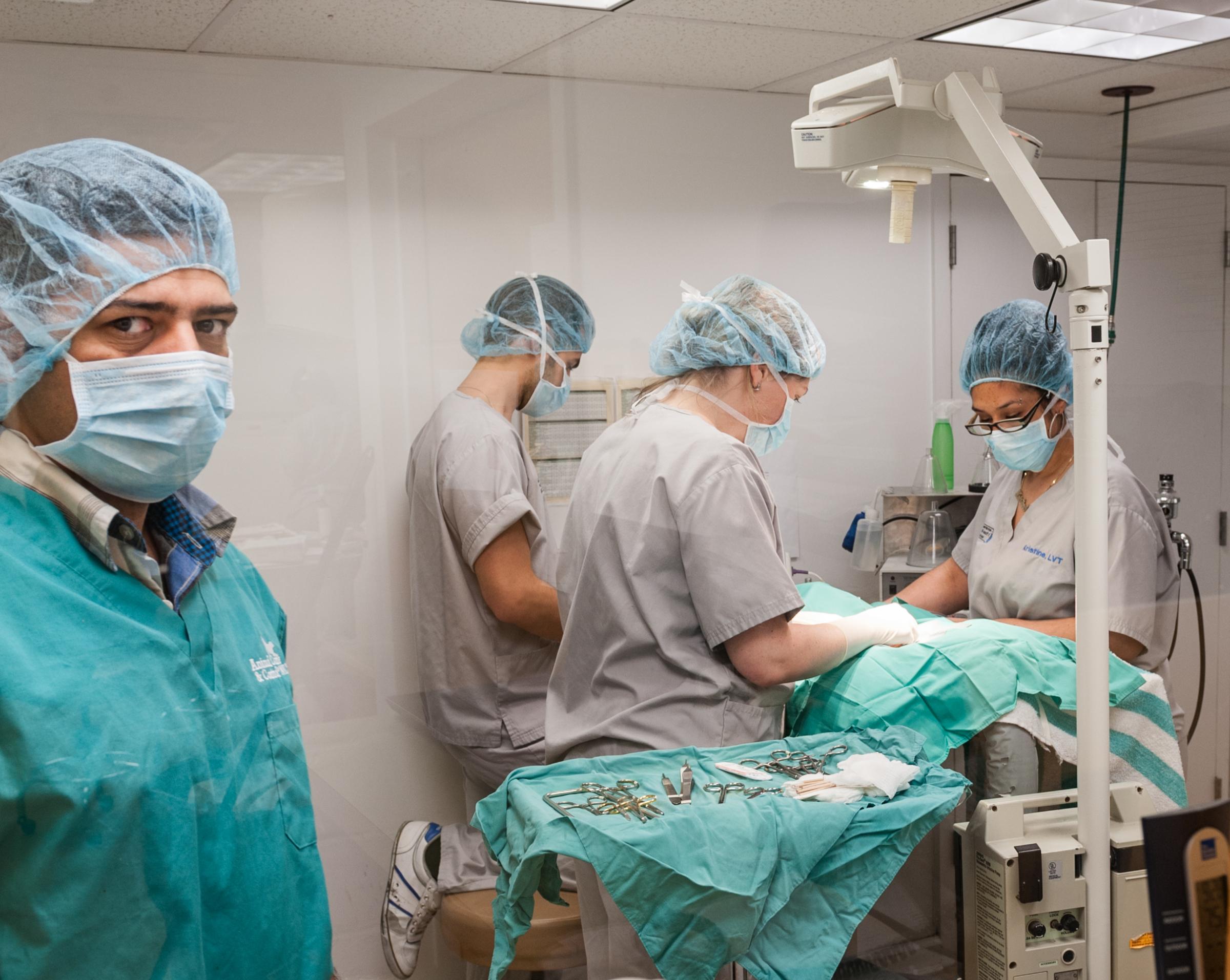
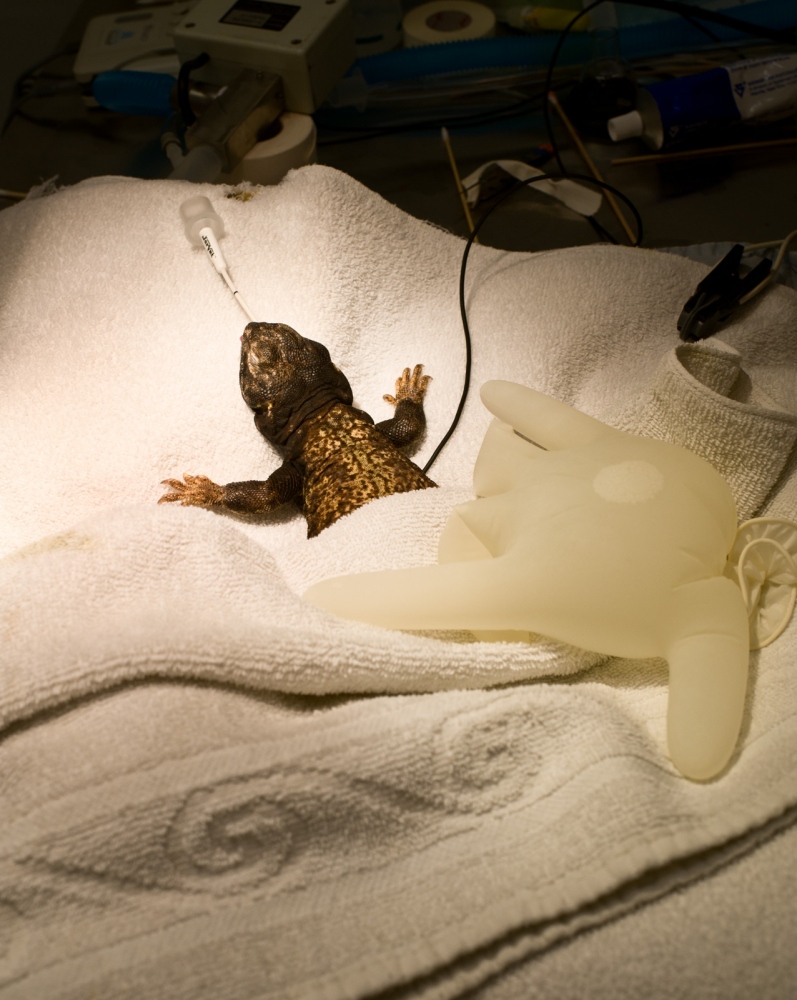
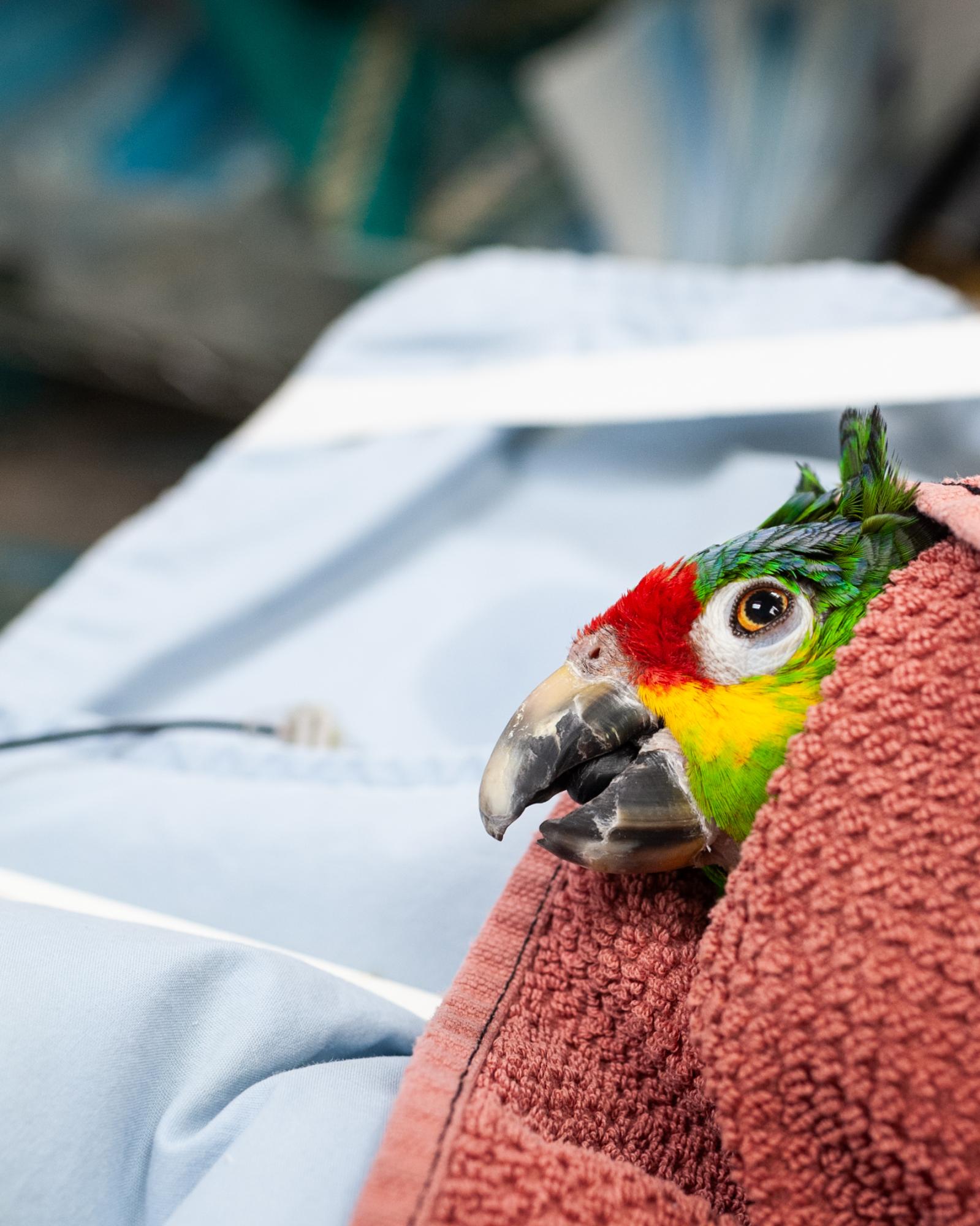
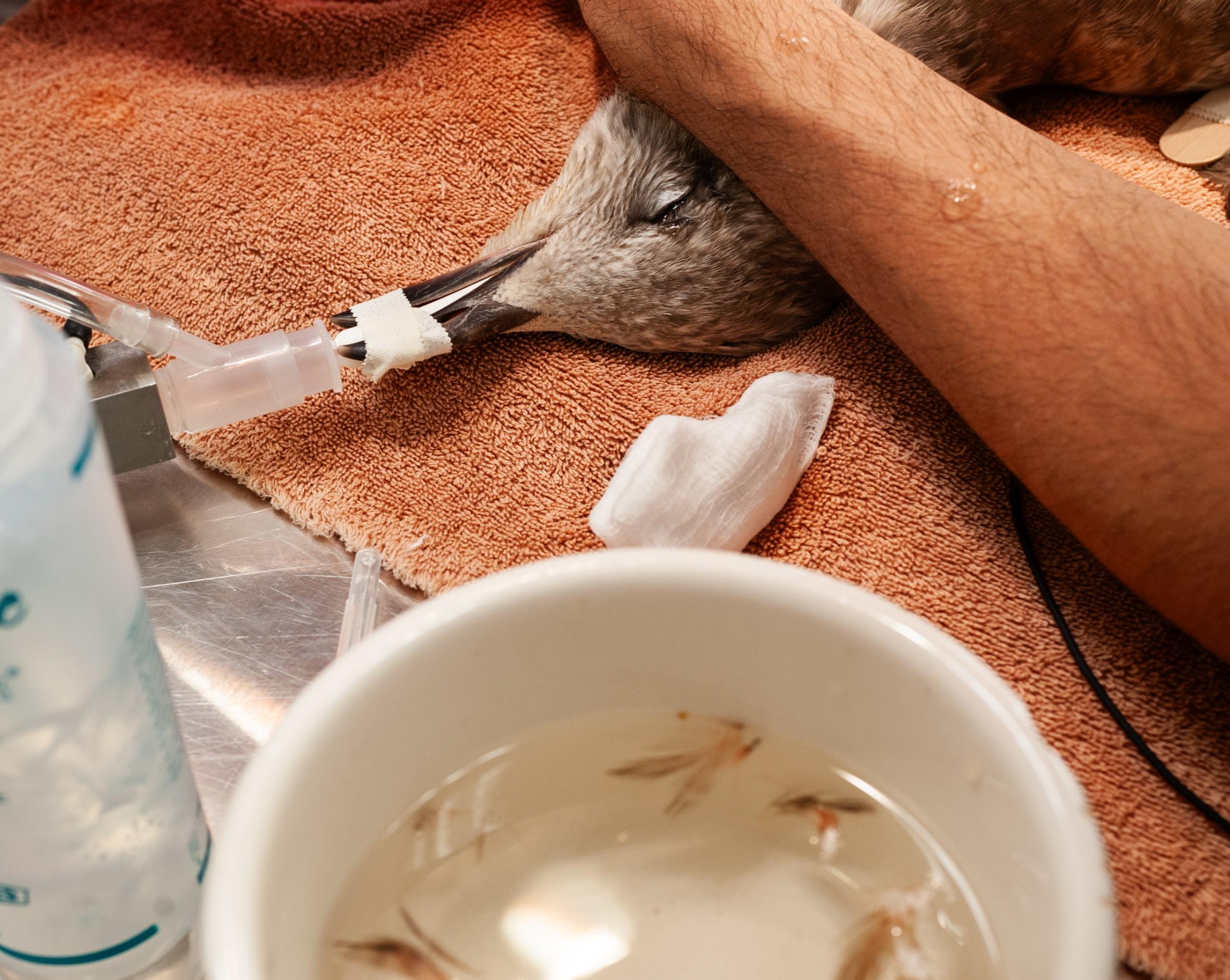
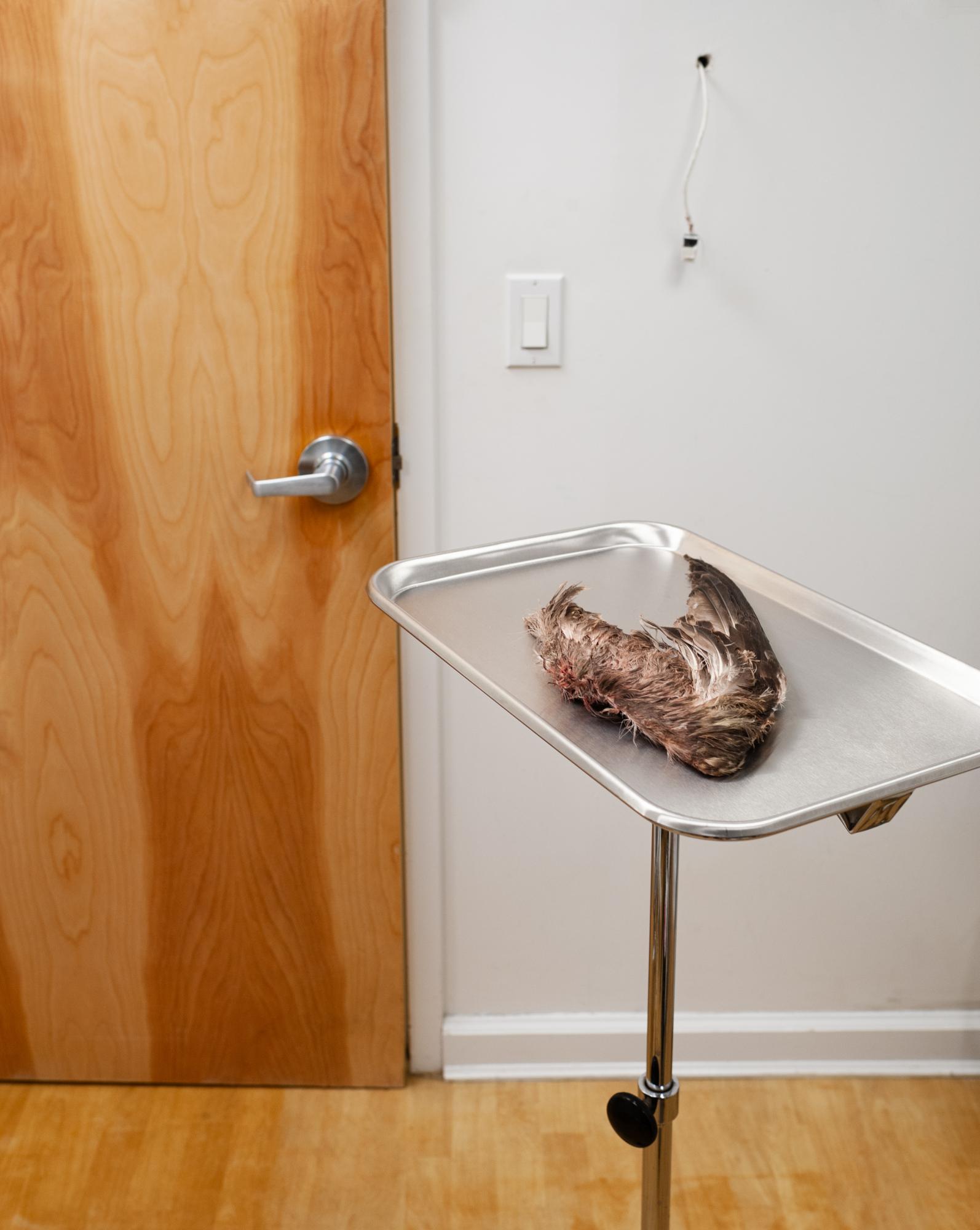
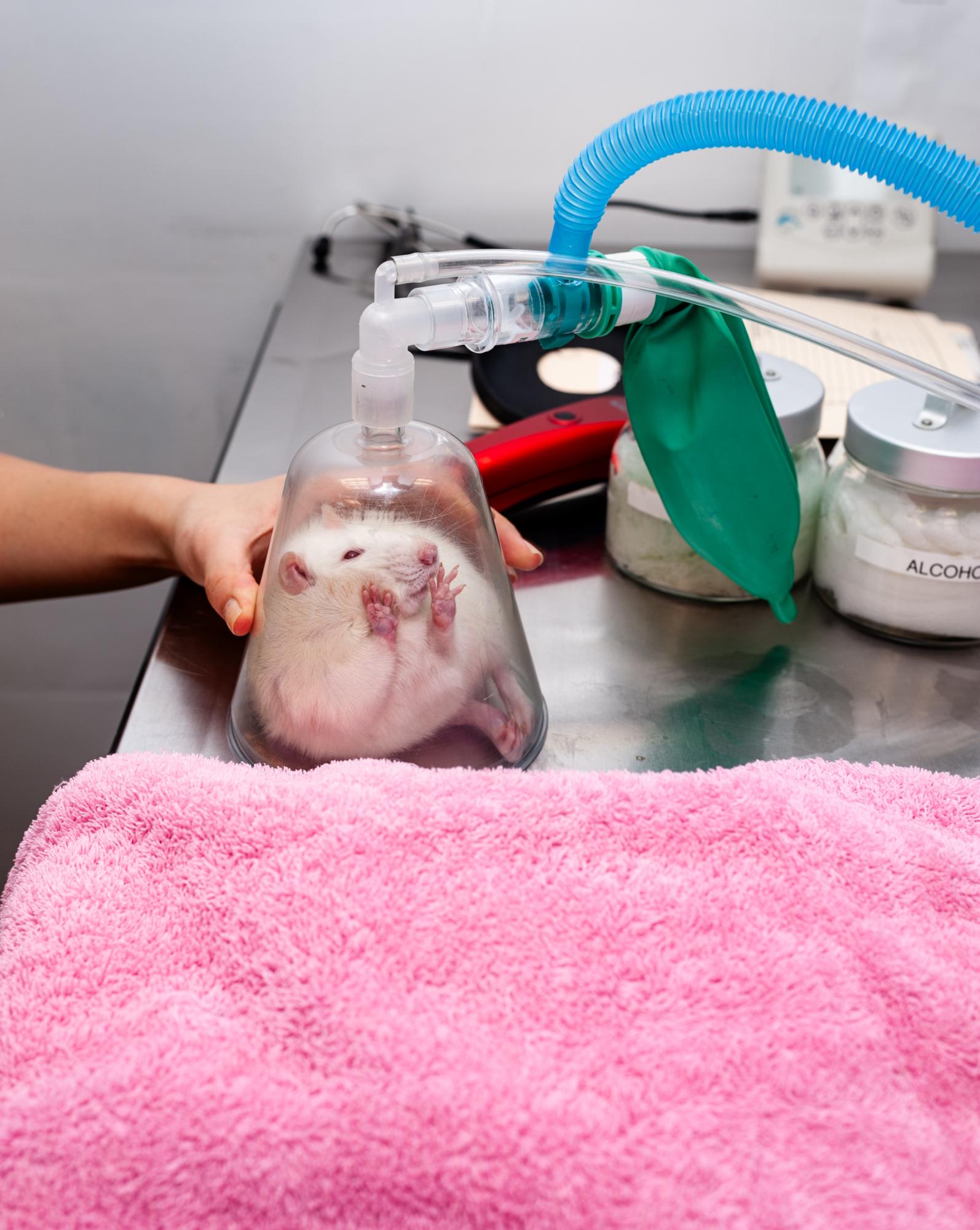
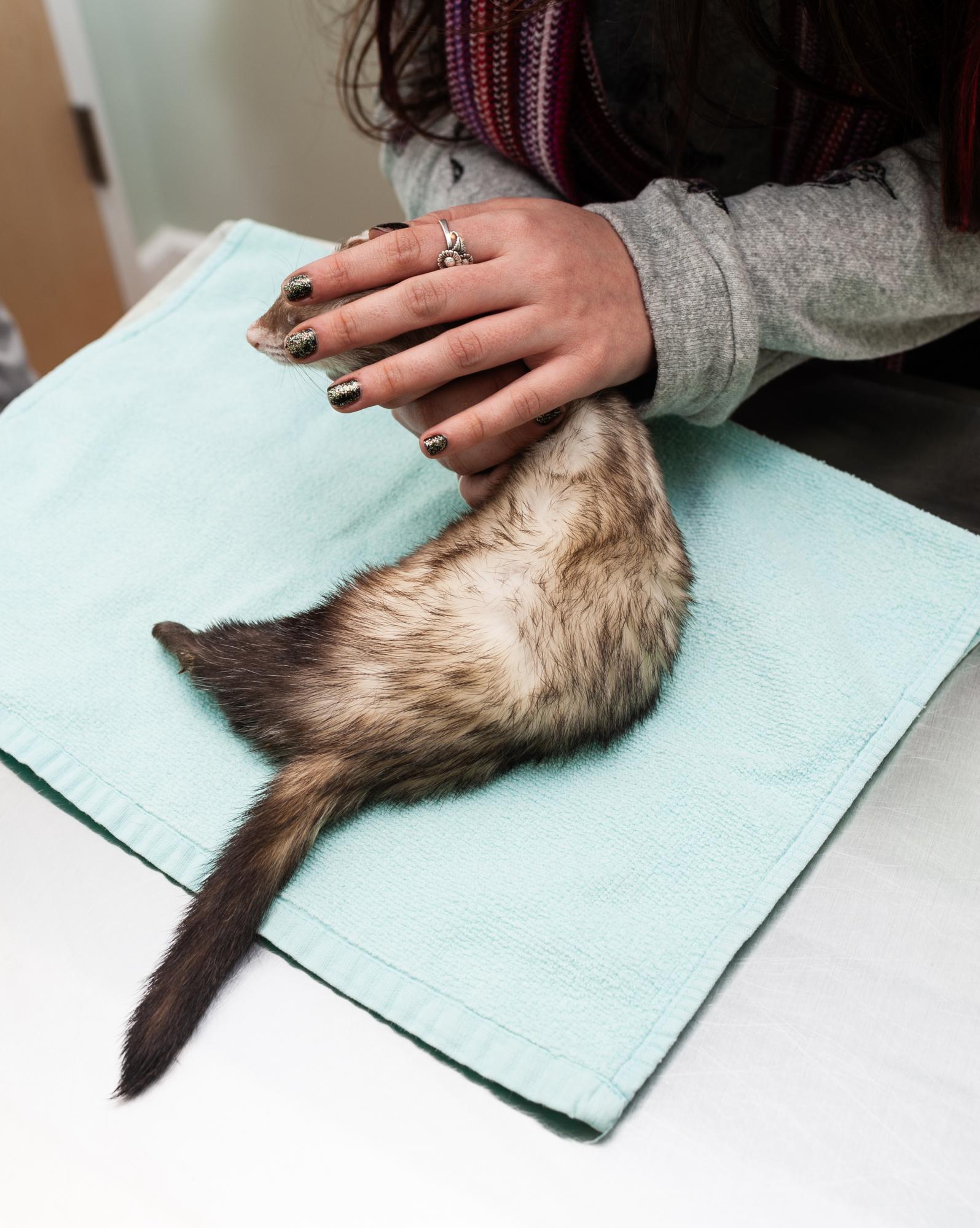
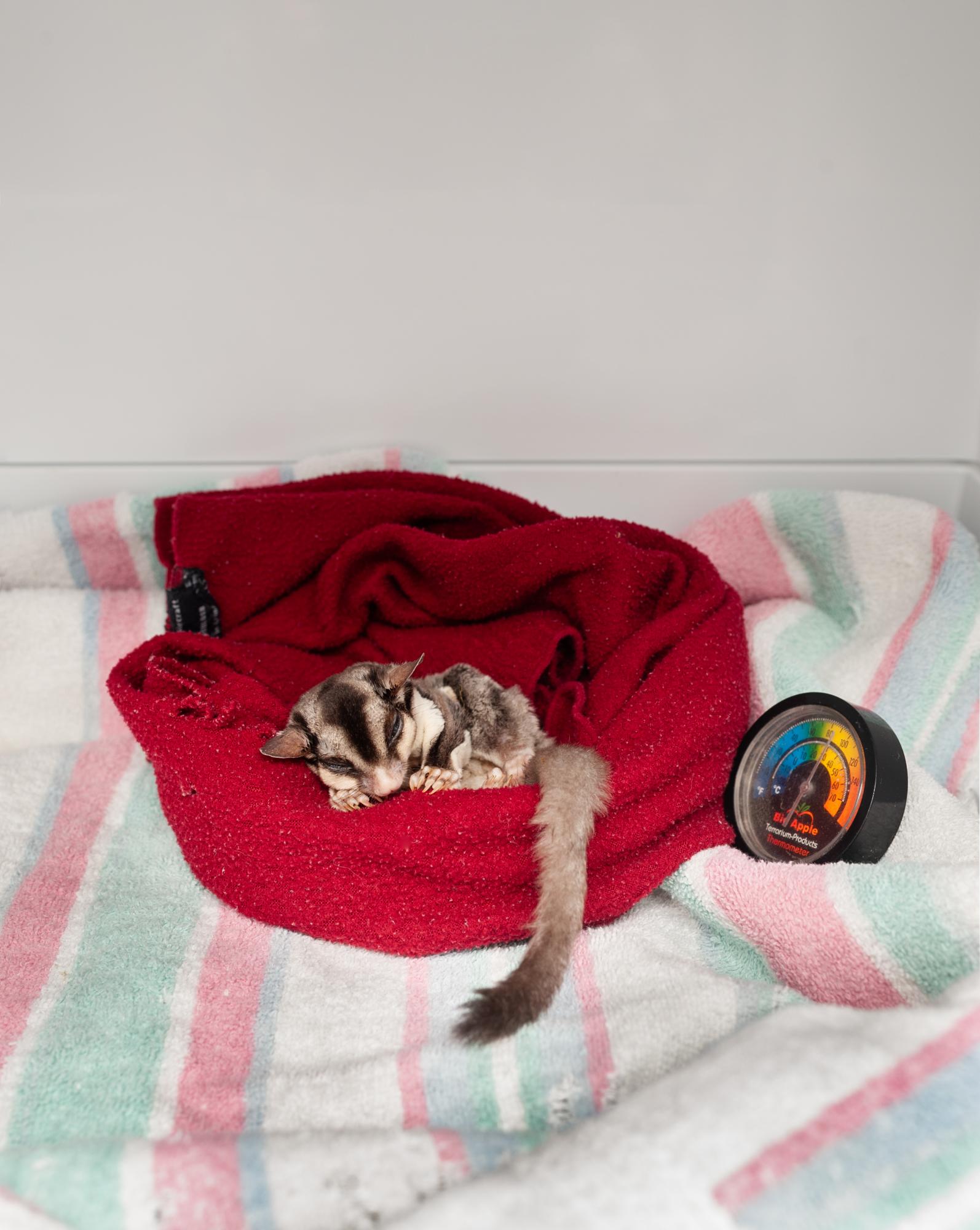
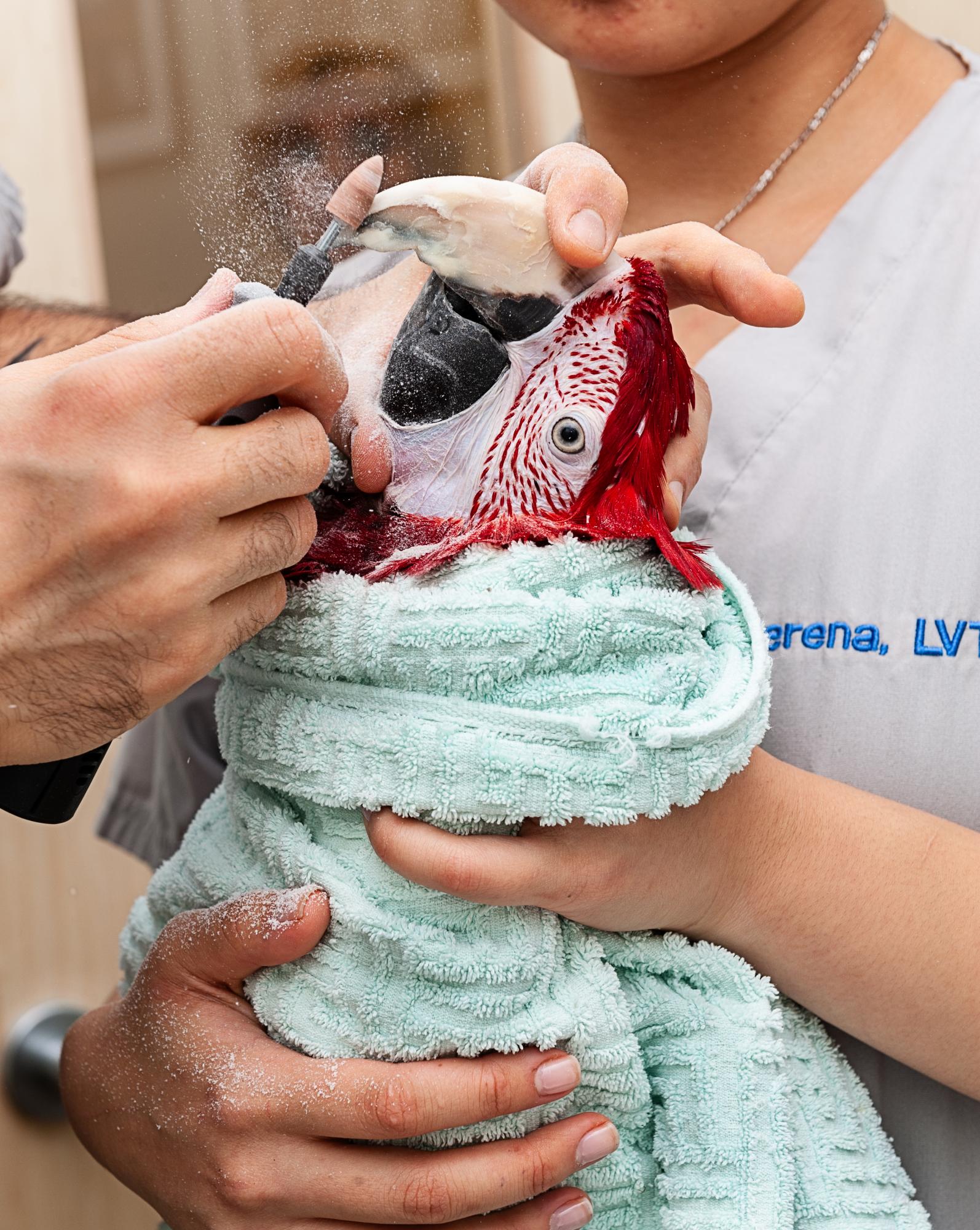
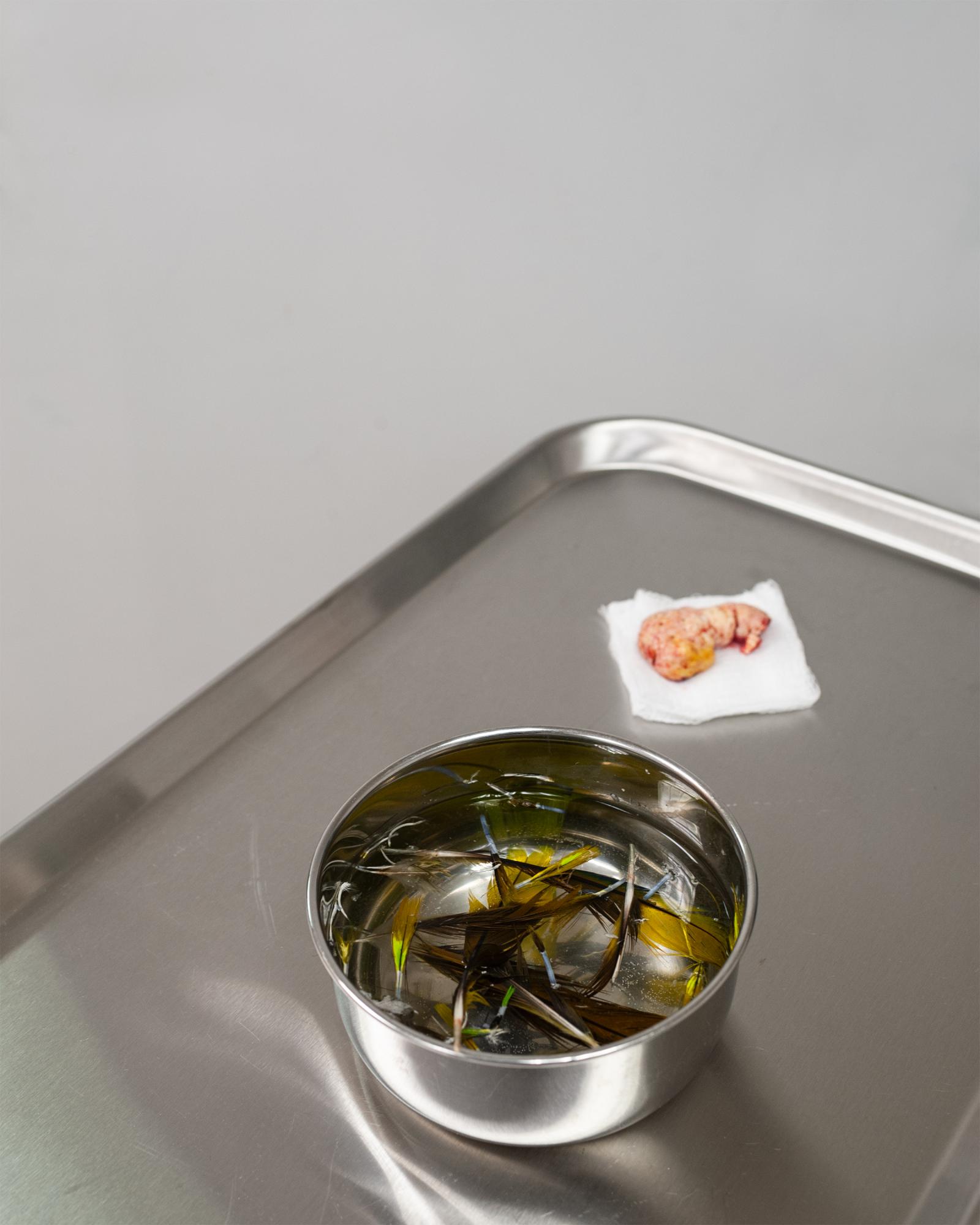
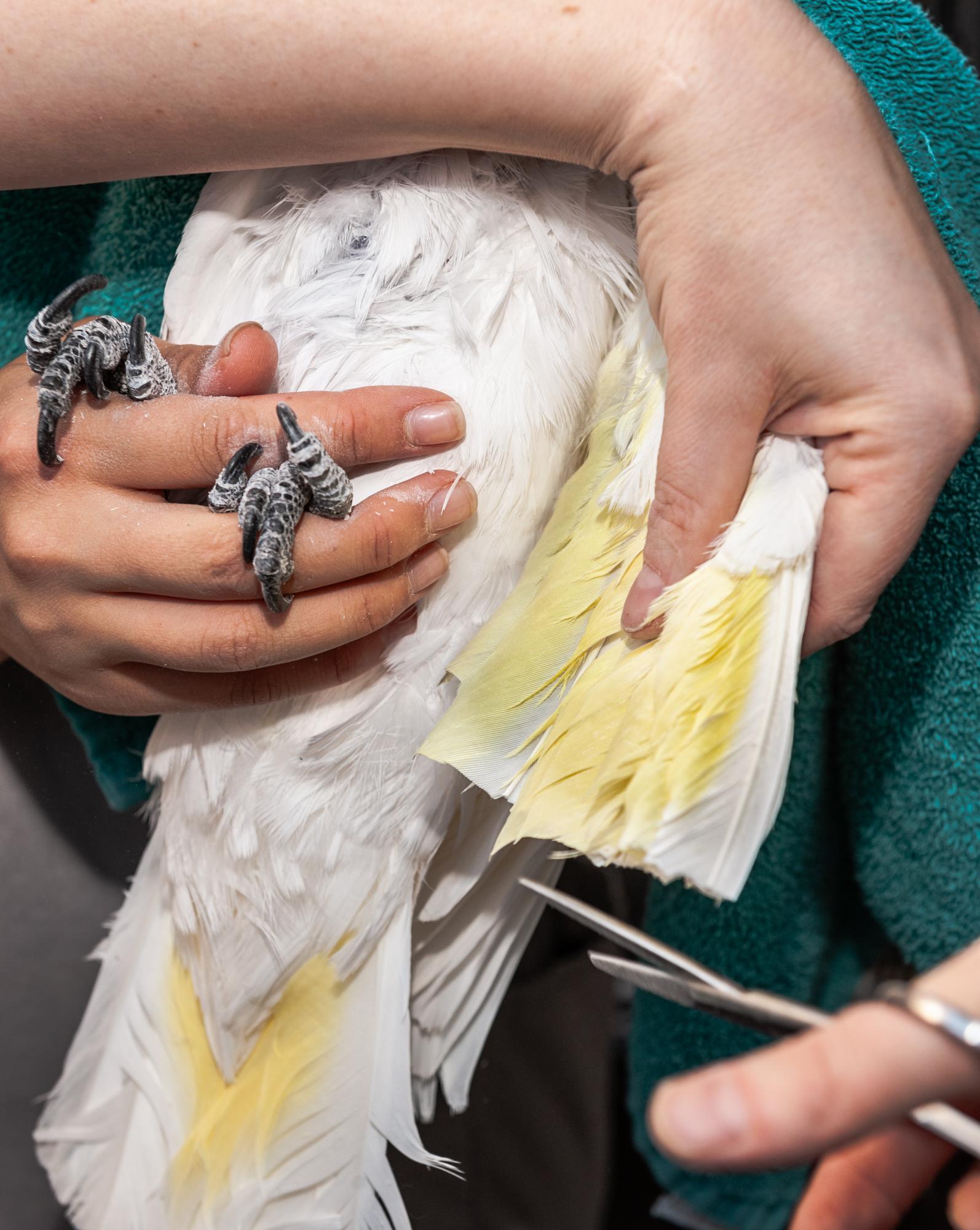
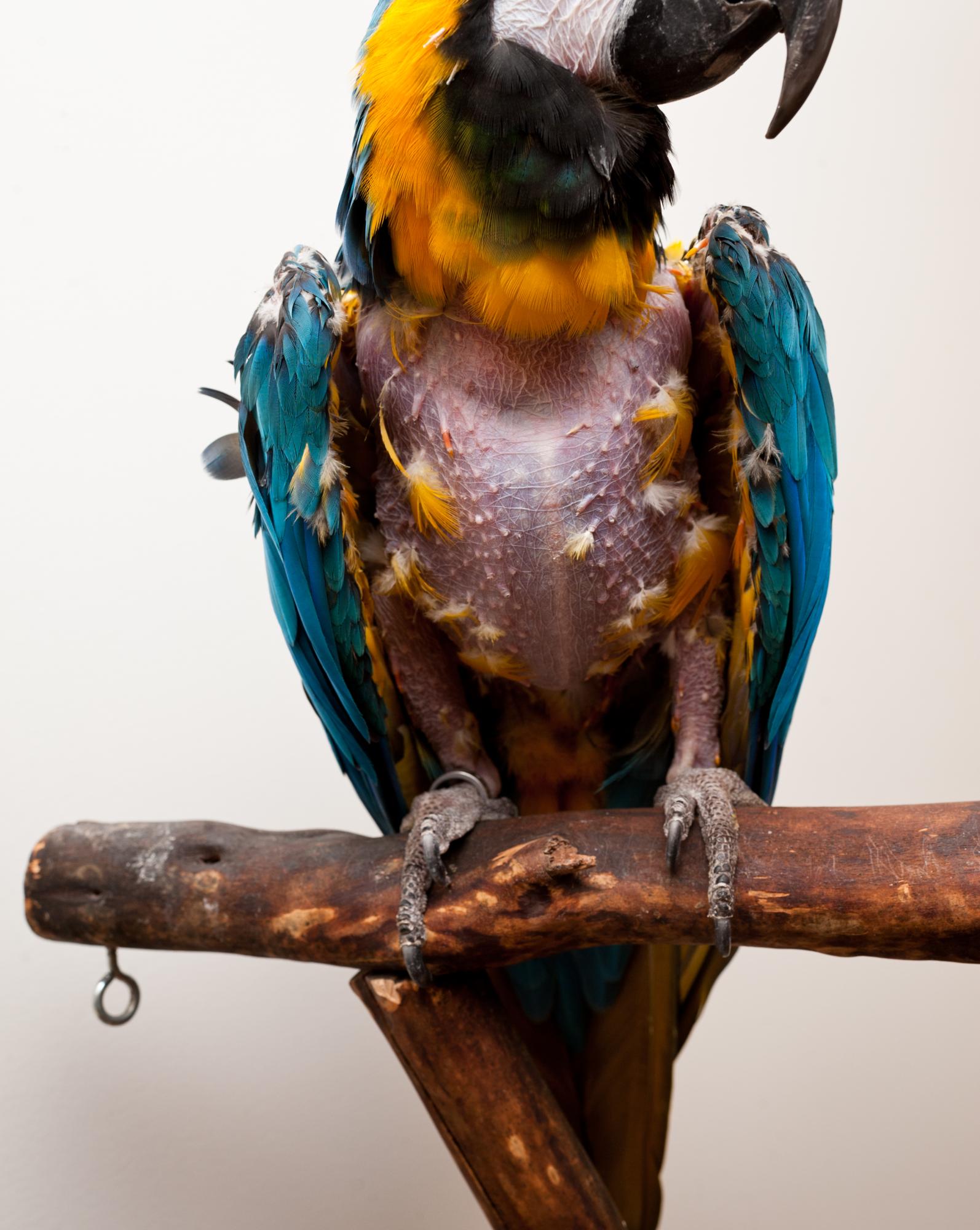
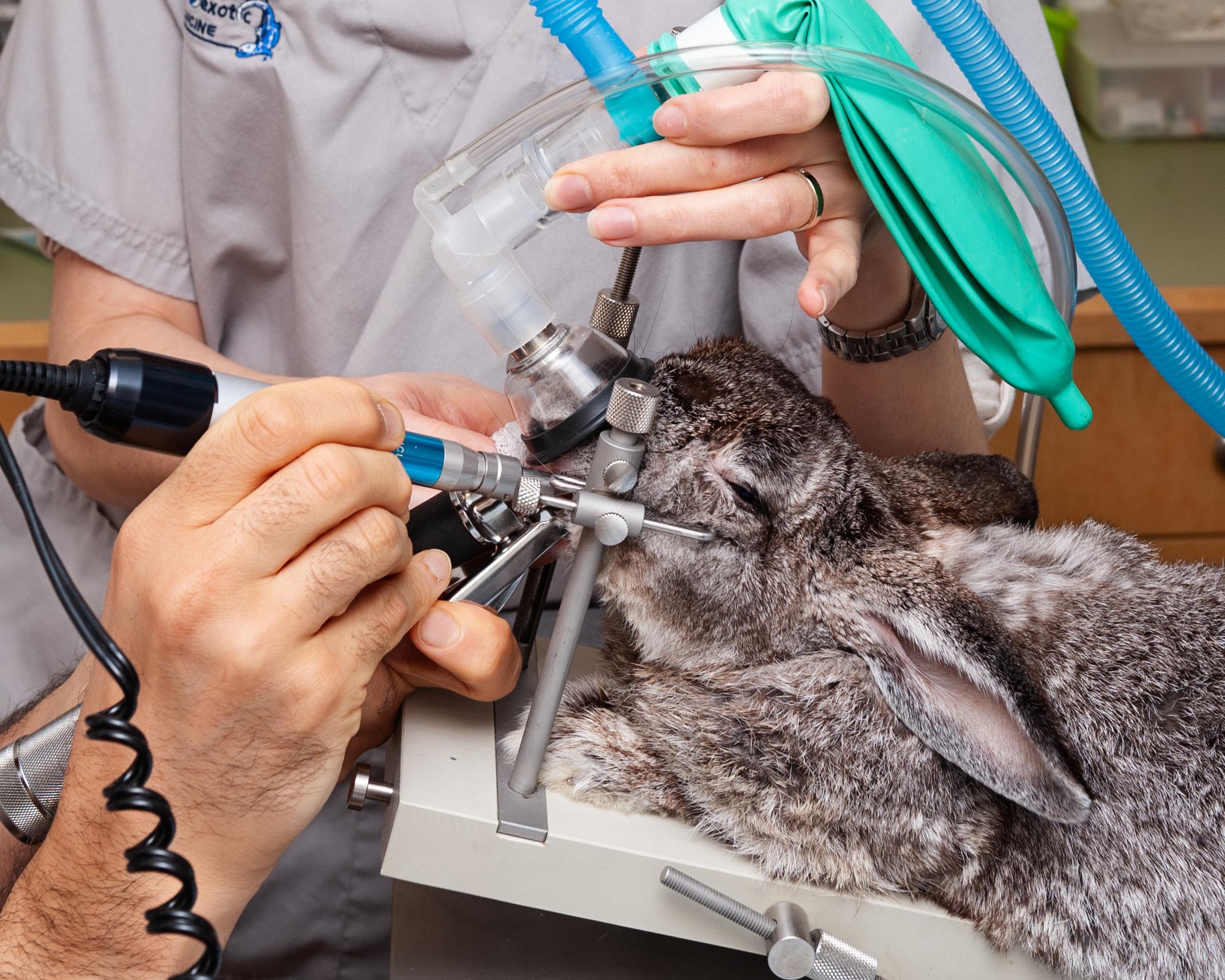
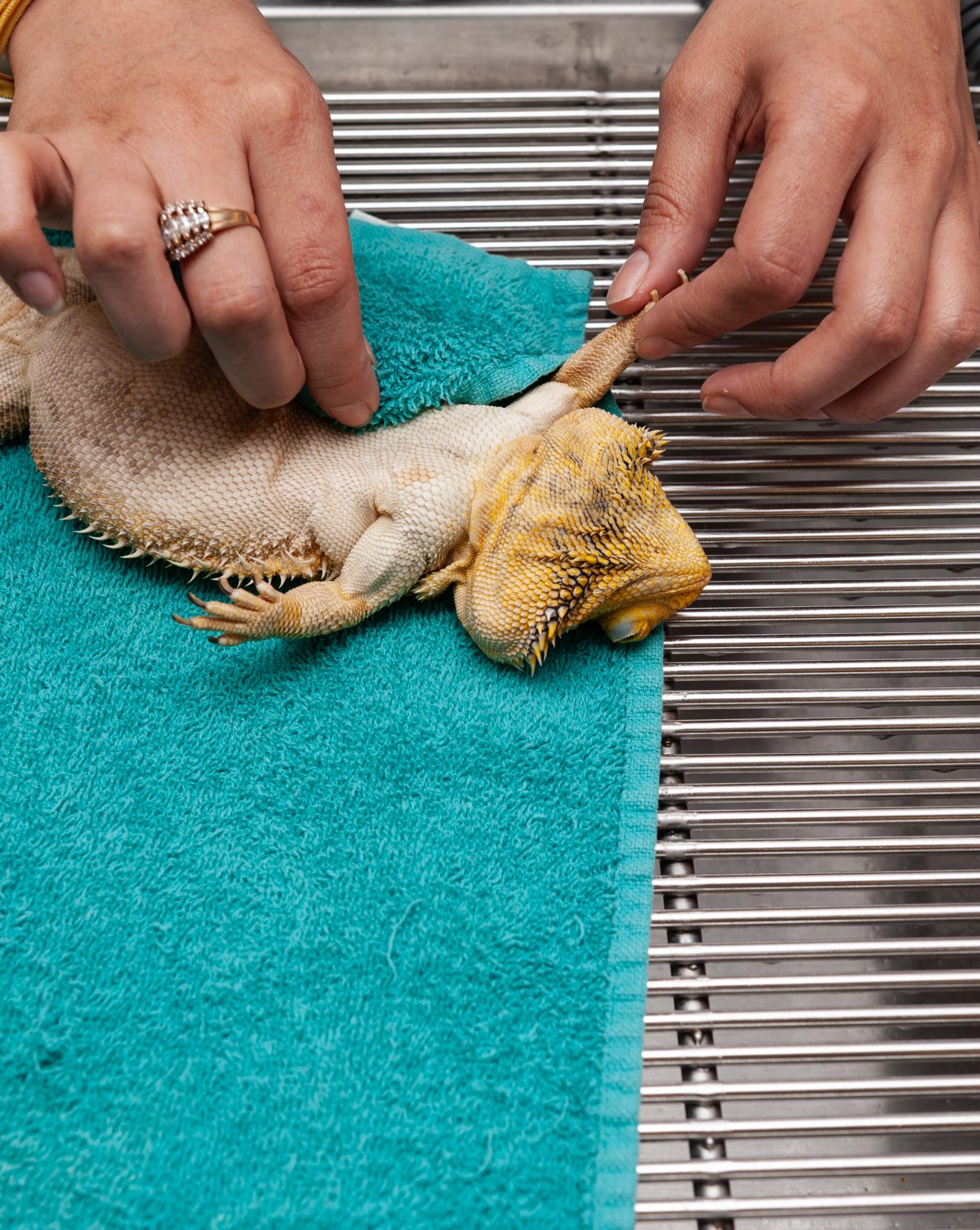
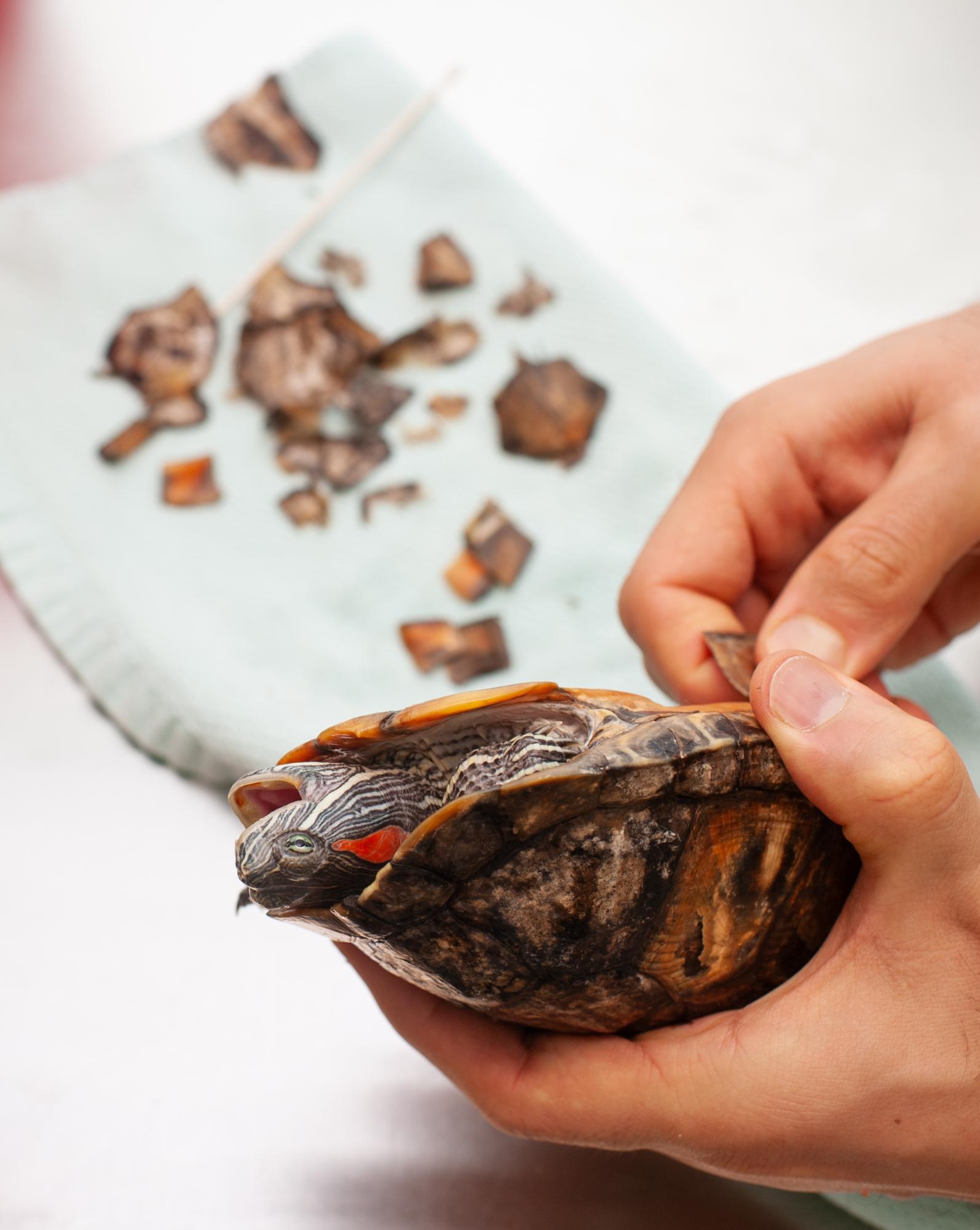
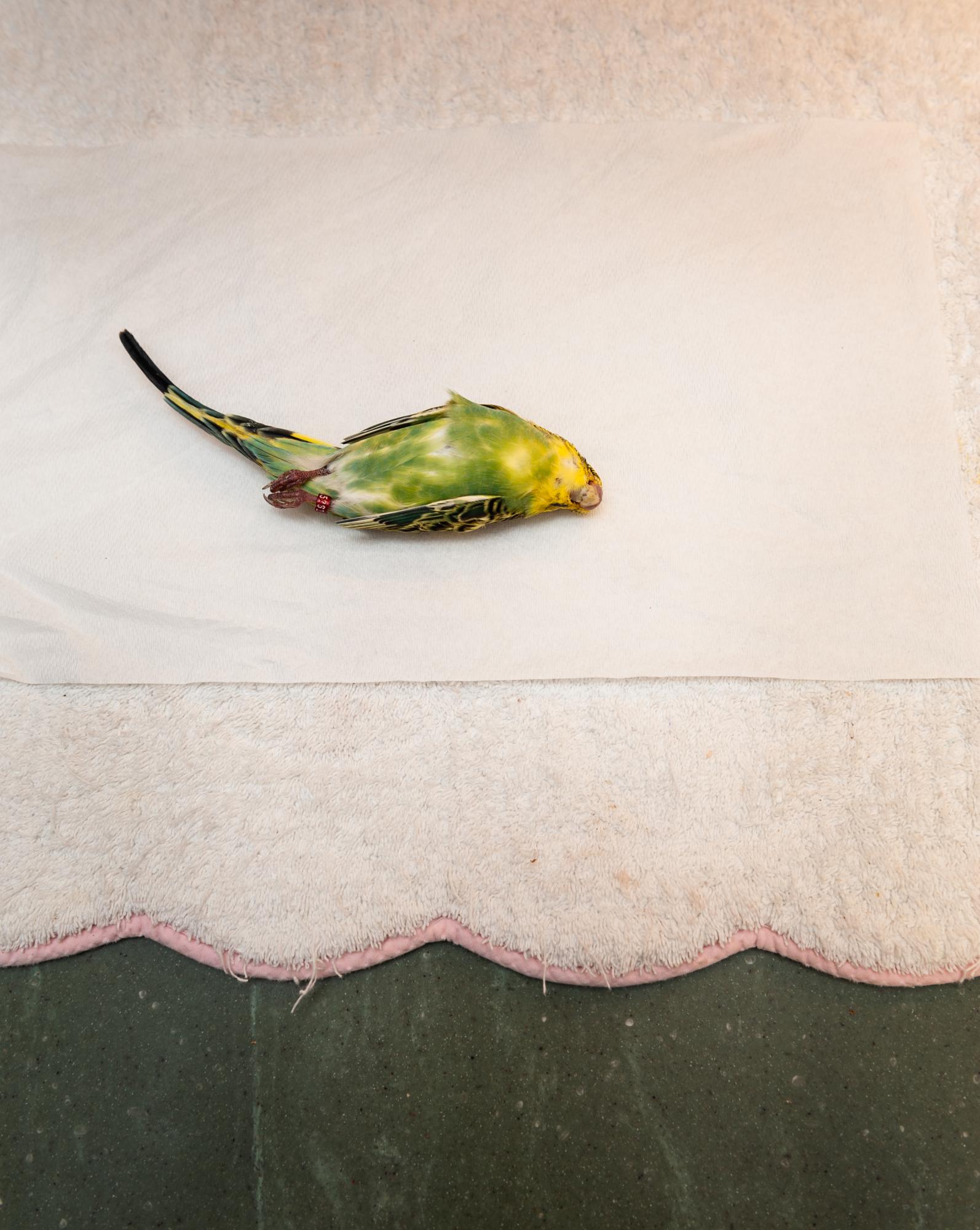

DISPLACED
Every year, an estimated 300 million animals are illegally imported into the United States to be sold as exotic pets. A multi-billion dollar industry, it is only second to weapons and drugs on the black-market.
During the capture and transport process, the mortality rate for these animals is high, as many die from suffocation, stress, and shock. Removal of these animals from their natural habitat disrupts the delicate balance of these ecosystems, setting forth a chain of events that compromise wildlife populations and alter the environment in irreparable ways.
Often when the novelty of an exotic pet wears off, or their highly specialized care becomes too much of a commitment, they are often abandoned and released into the environment. With no chance for rehabilitation, many succumb to the elements. For those that survive, if no natural predators exist, they can quickly become invasive. This poses a threat and potential fatality to native species who may lack defense mechanisms for the foreign intruder, and unable to compete for food and other resources. This aggressive takeover alters the multitude and diversity of species native to the habitat, changing the biosphere and introducing new vulnerabilities to the ecosystem.
Most of these exotic animals retain their natural instincts, behaviors, and dietary attributes––even those captivity bred, remain wild. It is infeasible to replicate their natural habitat, as their needs for preservation are highly specialized and discriminating. From self-destructive feather plucking in birds, to metabolic bone disease in reptiles, the majority of medical issues they face stem from an inability to accommodate their psychological, biological, and nutritional needs.
Without proper care, these animals are experiencing compromised lives marked by unnecessary disease and distress. “Displaced” is a look at the efforts of The Center for Avian and Exotic Medicine in NYC, as they tend to these delicate animals who have been removed from their natural habitats and transplanted into a foreign environment.























